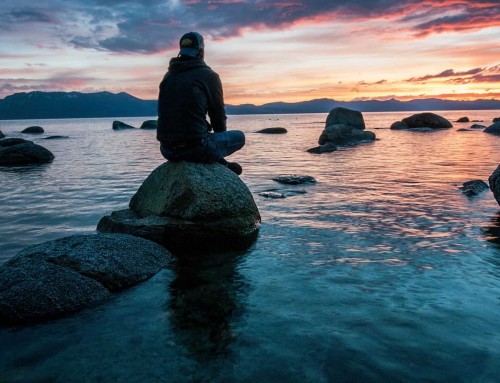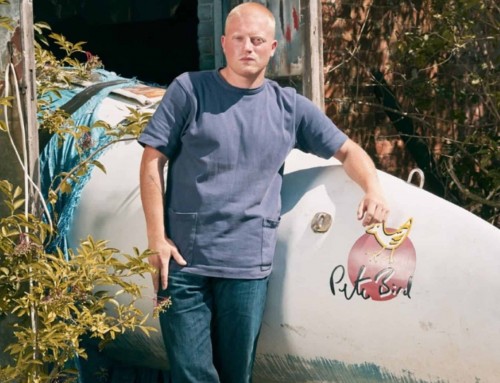When Lynne Bryan Phipps sees a problem, she creates her own solution. And when it came to her children’s education, she had THE solution. “I saw a huge need, not only for additional schools, but for a different kind of education to be available. And that education included a core, values based education.” She took her kids out of a great school, moved to Kingston, Rhode Island, and founded the Compass School, a K-8 school dedicated to graduating problem solvers, critical thinkers and lifelong learners. “I wanted to create a place where students could work to the best of their abilities; where they could grow. This meant constantly promoting the child’s strengths.” Lynne’s vision meant providing an environment where students embrace the learning process. 13 years later, the Compass School is the top-ranked middle school in Rhode Island, the second-ranked elementary school in the state and has a waiting list of over 250 students.
Lynne created a learning opportunity that emphasized a collaborative, hands-on educational approach with the guiding framework of social responsibility and environmental sustainability. “Kids learn the most when they have fun! If they think of school as work then they build a natural resentment toward it. If they enjoy school they will not only build a desire to become lifelong learners, they will better understand themselves and their place in the world-both their commitment to others around them and their responsibility to their communities and the environment.”
Lynne knew establishing a school was no easy task, but she rose up to the challenge. Lynne spent several months engaged in conceptual work, shaping the school’s vision and mission statement while educating herself on the necessary steps to make her dream school a reality. “I found out there were many other parents that shared my vision and were eager to get on board. I did my research, worked with the head of the Childhood Development Center at the University of Rhode Island, and got the first- level approval from the state to found a charter school. For the second round of approval we developed a founding board.” Lynne’s charisma for the project garnered support from those around her. She conducted a nation-wide teacher search and established a council composed of a governing body of enthusiastic directors, teachers and parents. Allen Zipke, the director of Compass School since 2002, shared Lynne’s vision: “Lynne has a unique ability to rejuvenate. She is a really enthusiastic person and she believes wholeheartedly in the school’s mission.”
With a strong support backing it, Compass School opened up in 2002 offering a wildly attractive private school education in a public school setting. With a teacher-student ratio of 1:10-1:15 (depending on age groups) the students each receive significant attention and engage in material differently at each stage of the learning cycle. Lynne says, “Kids learn in cycles. They are interested in particular subjects for approximately six months before turning to a new area of interest. Teachers foster an environment where kids work in their preferred areas and grow into themselves.” In order to avoid the containment of grades, students are differentiated into groups Explorers (grades K &1), Adventurers (grade 2), Discoverers (grades 3 &4), Investigators (Grades 5 &6), and Navigators (grades 7 &8) allowing each student to spend two years with one teacher and maximize individual learning potential.
Every aspect of Compass is tailored to maximize the student’s potential. “The highly qualified teachers construct student projects around areas of interest and they intrinsically learn Math, English, and other subjects in the context of their projects,” shares Lynne.
Compass School is now one of the most sought after educations in Rhode Island. Lynne still plays an advisory role at the school, MCing every graduation and planning council retreats to ensure the school is still in line with its original mission and purpose. Lynne reflects, “I love knowing that the students at compass are doing more than learning. They are living their education. And that is what it’s all about.”






